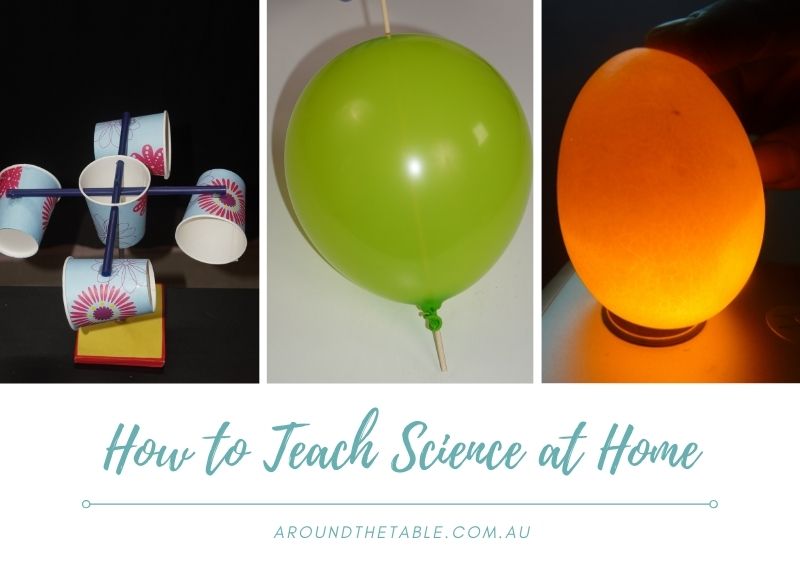Science education plays a key role in todays tech-savvy world and greatly impacts young learners. Parents can also play an important role in developing children's learning and driving them towards critical thinking and problem-solving skills. These skills help children to explore science in and outside of the classroom lessons.
Science influences everything around you and knowing how things work and the way that they work is a key life skill. In addition, teaching science through fun can help children to:
1) Improve Problem Solving Skills
Imparting science knowledge can help them practice different skills which in turn would provide them opportunities to expand their thinking and problem-solving skills. Science by nature improves kids’ ability to reason behind how things work around their life.
2) Builds a natural bond with the subject
While developing interest in the subject may sound very subtle reason, it may help them foster a lifelong love towards the process of self-discovery.
When your child is set to experiment and learn on their own, there is no limit for their knowledge. By catching them early on, you can improve natural predispositions upon the subject to the child.
3) Bring out the real problem solver
Our future depends on today’s children. Teaching science will not only help them learn new concepts but also creates real life connections between the problems and solutions. Once they are accustomed to find real solutions to the problem around them, they can go ahead and solve problems of the society and even for the whole world.
If teaching science is so important, then how can you get them learn science though fun at home?
1. Encourage Curiosity
Usually, children show much interest in exploring the things happening around them. In such cases, parents should not ignore their child's curiosity about learning. Support this curiosity by providing answers with reasoning. Or ask them to do some research to find the answers.
2) Build a Science Friendly Environment
Having a science-friendly home will help build their predisposition towards the subject for your child. Try to participate with you child in interactive contests, exciting games, science movies and videos in your daily routine activities with your child. Also, do not forget to discuss the science in the videos and movies you watch together.
3) Try Hands on Science Activities at home
Including science in your child's after-school routine makes them more creative and confident in solving problems easily and scientifically. Such activities include investigating some science experiments, gaming activities, playing science-
related activities. These activities help children to build their academic careers in the long run. Parents can also opt for extracurricular science activities like science fairs and other STEM-related contests to introduce science to children.
Using the materials that we have around the home; we can explore many science concepts. Below is a list of few activities that can help you to get started:
Create cloud in a Jar
DIY Robotic Articulated Hand
How do you put a Needle Through a Balloon Without Popping
Here is another list of 100 Science experiments that you can try at home.
4) Discuss Career Options
Its not too early to discuss available career options based on different science fields. Because this discussion helps in exploring different career options and gives clarity about their future jobs.
In this process, let your children meet people who are in a similar field in and around your friend circle and discuss nature of their jobs and how they can achieve it.
5) Cheer Questioning
Questioning about things around them is a great sign to parents that their child is curious about science. Children who have a questioning mindset take challenges in an educational way, such as protecting the environment, growing plants, etc.
6) Take a Visit to Science Museum
Planning a visit to a science museum is an ideal opportunity to explore science! Children can find a variety of science museums according to their age and themes.
Expose your children to different fields of science and foster new interests.
Written by Angela from Gosciencegirls.com for Around The Table PTY LTD

